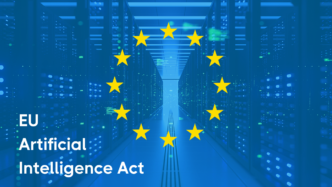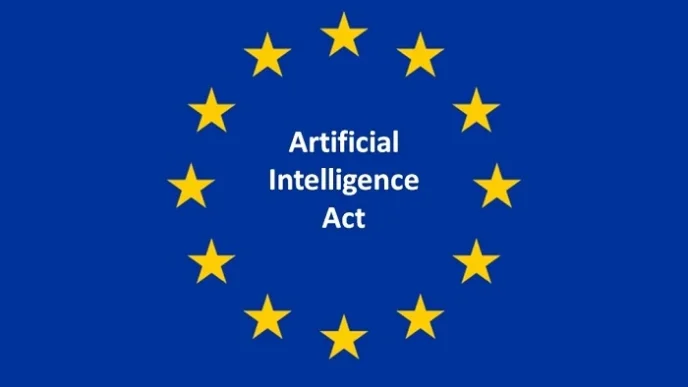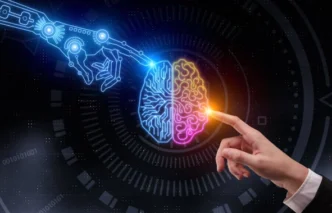Governments Unite to Regulate AI and Prevent Unethical Practices
The world is witnessing an unprecedented boom in artificial intelligence (AI), transforming industries and redefining the way we live and work. Amidst this rapid advancement, there’s a pressing need to establish ethical AI practices to ensure technology serves humanity positively. Governments worldwide are stepping up, implementing regulations to prevent unethical practices that have previously shaken trust in AI.
The AI Boom and the Urgent Need for Ethics
AI technologies have permeated every aspect of society, from healthcare and finance to education and entertainment. This proliferation brings immense opportunities but also significant risks if not guided by strong ethical principles.
Unethical Practices That Shook the World
1. Data Privacy Breaches: The Cambridge Analytica Scandal
In 2018, the Cambridge Analytica scandal exposed how personal data from millions of Facebook users was harvested without consent and used for political advertising. This misuse of data highlighted the vulnerabilities in data protection and the potential for AI algorithms to manipulate information on a massive scale.
2. Deepfakes and Misinformation
The rise of deepfake technology has made it possible to create hyper-realistic but fake videos and audio recordings. These have been used to spread misinformation, defame individuals, and even attempt to influence elections, posing a severe threat to truth and democracy.
3. Bias in AI Algorithms
AI systems have been criticized for perpetuating and amplifying societal biases. For example, some facial recognition technologies have shown higher error rates in identifying people of color, leading to wrongful arrests and discrimination.
Governments Taking Action: Global Initiatives for Ethical AI
1. The European Union’s AI Act
The European Union (EU) is at the forefront of regulating AI with its proposed AI Act. This comprehensive framework aims to ensure AI systems are safe, respect fundamental rights, and are trustworthy.
• Risk-Based Approach: The AI Act categorizes AI applications based on risk levels, imposing stricter regulations on higher-risk systems.
• Transparency Requirements: Mandates disclosure when users are interacting with AI, such as chatbots or deepfake content.
• Accountability Measures: Companies must comply with conformity assessments and could face hefty fines for non-compliance.
2. The United States’ AI Bill of Rights
In the United States, the White House Office of Science and Technology Policy released a blueprint for an AI Bill of Rights.
• Data Privacy: Emphasizes users’ control over their data and mandates protection against abusive data practices.
• Algorithmic Discrimination Protections: Calls for AI systems to be designed to be equitable and not exacerbate bias.
• Transparency: Users should know when an AI system is in use and understand how it affects them.
3. UNESCO’s Recommendation on the Ethics of AI
The United Nations Educational, Scientific and Cultural Organization (UNESCO) adopted a global agreement to promote the ethical use of AI.
• Human Rights Focus: Ensures AI developments align with international human rights standards.
• Environmental Considerations: Encourages AI systems that are energy-efficient and environmentally friendly.
• Inclusive Development: Promotes diversity and inclusivity in AI technologies.
New Regulations Shaping AI for the Betterment
1. Enhancing Transparency and Explainability
Regulations now require AI systems to be more transparent. This means:
• Explainable AI: AI decisions should be understandable to users, allowing for better trust and accountability.
• Disclosure Obligations: Users must be informed when they are interacting with an AI system.
2. Strengthening Accountability and Liability
• Legal Accountability: Organizations deploying AI are held responsible for their systems’ outcomes.
• Audit Requirements: Regular assessments to ensure AI systems comply with ethical standards.
3. Promoting International Cooperation
• Global Standards: Countries are working together to harmonize AI regulations, recognizing that AI’s impact transcends borders.
• Collaborative Research: International partnerships to advance ethical AI research and address common challenges.
Expert Opinions on Ethical AI Practices
Dr. Fei-Fei Li, Co-Director of Stanford’s Human-Centered AI Institute:
“AI is a powerful tool that must be guided by human values. Ethical considerations are not optional; they are essential to ensure technology benefits everyone.”
Stuart Russell, Author of “Human Compatible: Artificial Intelligence and the Problem of Control”:
“We need to redesign AI systems to ensure they are aligned with human objectives and can be controlled reliably.”
Joy Buolamwini, Founder of the Algorithmic Justice League:
“Addressing bias in AI is critical. Without equitable AI systems, we risk perpetuating discrimination at scale.”
The Path Forward: Embracing Ethical AI
The integration of ethical practices in AI development is no longer a mere option but a necessity. By learning from past mistakes and implementing robust regulations, we can steer AI innovation towards a future that upholds human rights, fosters trust, and benefits all of society.
Key Pointers for Moving Forward
• Education and Awareness: Encouraging AI literacy among the public to understand the implications of AI technologies.
• Inclusive Development: Involving diverse groups in AI development to mitigate biases.
• Continuous Oversight: Governments and independent bodies must continually monitor AI systems and update regulations as technology evolves.
Conclusion
As AI continues to revolutionize the world, establishing and adhering to ethical practices is crucial for ensuring technology enhances society without causing harm. Governments, organizations, and individuals must collaborate to create a framework where AI operates transparently, responsibly, and for the greater good.
By addressing the ethical challenges head-on and implementing comprehensive regulations, we can harness the full potential of AI while safeguarding the values that define humanity.
Join the Conversation
What are your thoughts on the current state of AI ethics? How can we, as a global community, contribute to shaping a better future with AI? Share your insights in the comments below.













